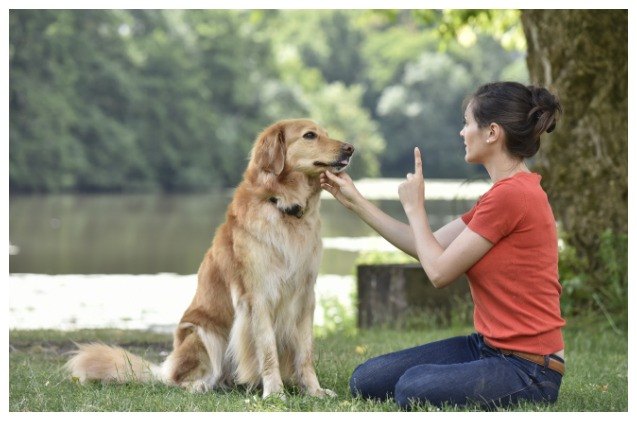New Jersey Bill Will Require Dog Trainers To Be State-Licensed

Who says dogs have to have all the work of obedience training? New Jersey doesn’t, that’s for sure. Lawmakers there have introduced a new bill that would require dog trainers to become licensed through the Department of Labor and Workforce Development.
Assemblywoman Carol Murphy is the lead sponsor of the bill and said that dogs are often used to help in areas like service or therapy, and it’s their responsibility to ensure the proper training and handling of dogs in safe environments. She said that New Jersey wants to be sure that its four-legged constituents are taken care of as they should be.
Related: 7 Gifts for People Who Love Dog Training
The bill would require dog trainers to have “a good moral character,” as well as 300 hours of training, and high school diploma or GED. They would also need to pass an exam, though trainers who can prove they’ve already been working in a professional capacity for over a year would be exempt.
With the bill, a to-be-established Dog Trainer Board of Examiners would give the exam and enforce the regulations and rules for the licensures and fees. Assemblywoman Murphy said that a dog trainer constituent brought the idea to her after noting how other trainers used methods of training that many find controversial and punishment focused.
And while it sounds great–knowing your trainer is capable of training your best friend–opponents of the bill believe that it is just a way for the state of New Jersey to generate revenue from hard-working people and businesses.
Currently, there are no state laws that mandate trainers be licensed, although there are several voluntary certification programs that trainers can take to better their education. Murphy says that the Certification Council for Professional Dog Trainers (CCPDT) would be consulted to help develop and administer the trainers’ exam.
Bradley Phifer is the executive director of CCPDT and says that they support the legislation and its mission to help the public trust in the safety and care of dog trainers’ and their certified capabilities.
Related: How to Find a Reputable Service Dog Training Program
Some find the wording of “good moral character” to be a bit too vague in meaning, and believe that ethical standards that are “Least Intrusive, Minimally Aversive” be established so positive reinforcement can be the standard in training. Others vehemently oppose the bill as they believe it is a way for CCPDT to monopolize dog training methodology, and ‘ethical’ trainers who have been in business for decades would be forced to comply with the training they believe science doesn’t support.
The bill is set to be voted upon this general session, which ends in January, 2019.

More by Lori Ennis






















